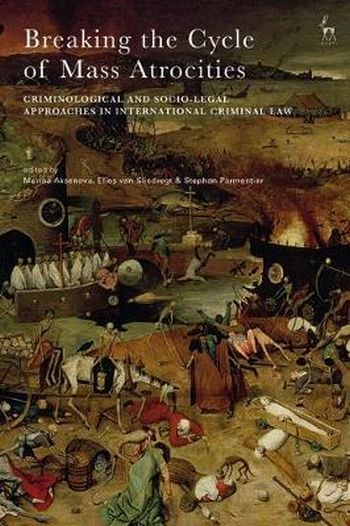
Breaking the Cycle of Mass Atrocities investigates the role of international criminal law at different stages of mass atrocities, shifting away from its narrow understanding solely as an instrument of punishment of those most responsible. The book is premised on the idea that there are distinct phases of collective violence, and international criminal law contributes in one way or another to each phase. The authors therefore explore various possibilities for international criminal law to be of assistance in breaking the vicious cycle at its different junctures.